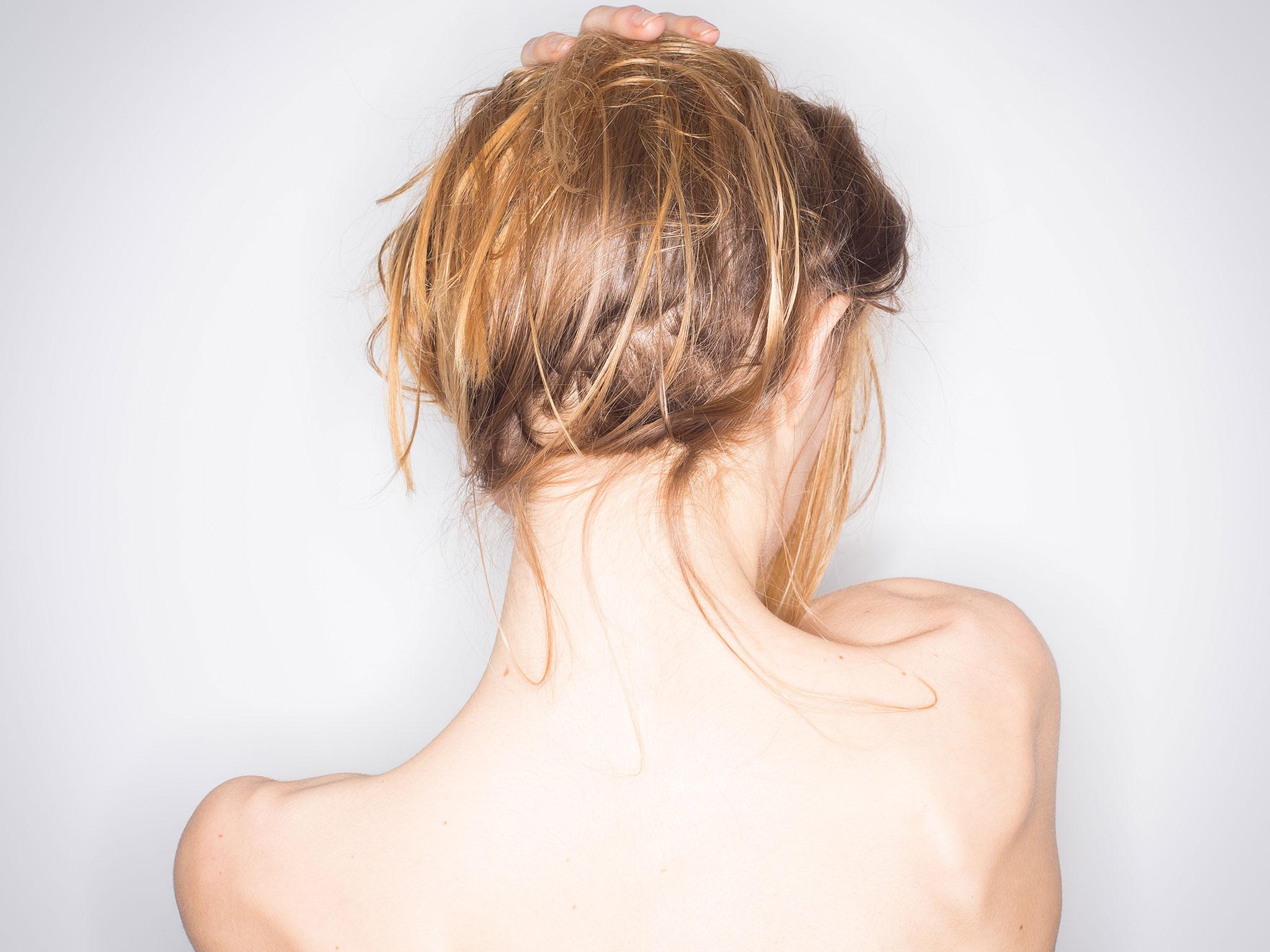Worrying increase in promotion of anorexia on social media sites, new study finds
They are a form of ‘social contagion’, according to researchers at the University of Exeter

Your support helps us to tell the story
This election is still a dead heat, according to most polls. In a fight with such wafer-thin margins, we need reporters on the ground talking to the people Trump and Harris are courting. Your support allows us to keep sending journalists to the story.
The Independent is trusted by 27 million Americans from across the entire political spectrum every month. Unlike many other quality news outlets, we choose not to lock you out of our reporting and analysis with paywalls. But quality journalism must still be paid for.
Help us keep bring these critical stories to light. Your support makes all the difference.
An alarmingly large number of social media accounts are celebrating extreme thinness by uploading pictures of skeletal women, a new study has found.
Research conducted by the University of Exeter has revealed that hundreds of young women are using Instagram and Twitter to praise anorexic bodies in “bonespiration” feeds.
The accounts feature selfies taken by girls who want to show off their emaciated bodies by highlighting their protruding hip bones, spines and collar bones.
Researchers conducted content analysis on 734 images posted under indicative hashtags (”thinspiration”, “bonespiration” and “fitspiration”) on Twitter, Instagram and We Heart It.
They found that there is a staggering amount of damaging content online, with thousands of accounts dedicated to glorifying bodies plagued by eating disorders.
Many of them post pictures of skeletal bodies alongside captions that proudly boast about the meagre amount of calories they have consumed that day.
These sorts of images have been proven to cause eating disorders, with a January study carried out by researchers at the University of Adelaide in Australia revealing that women posting “fitspiration” posts on Instagram are more likely to be at risk of eating disorders.
“It’s very worrying,” eating disorder specialist Rhiannon Lambert told The Independent.
“I have clients who aspire for thigh gaps. They compare their appearance to others and find themselves suffering with large amounts of anxiety when using social media.
“Unqualified anecdotal advice is also rife,” said Ms Lambert, whose forthcoming book Re-Nourish examines the consequences of modern day diet culture.
Academics are concerned that social platforms could be more harmful than pro-anorexia websites, as they are more accessible and have a much wider reach.
The new research comes four years after Instagram introduced measures to tackle the promotion of eating disorders on the platform.
They banned the use of five hashtags in 2012: “anorexia“, “proana”, “thinspiration”, “thighgap” and “imugly”.
Unfortunately, it did little to help the problem, with more than 27,000 posts tagged #thinspiration on Instagram and 130,000 tagged #bonespo to date.
“Anorexia and extreme weight loss is a serious social and medical problem,” said Catherine Talbot, psychologist at the University of Exeter.
“To tackle this social contagion we need to be aware of the social media platforms being used by young people – mainly girls and young women – which is encouraging extreme weight loss. This behaviour could seriously damage their psychological and physical health.
“Teenagers need to be taught about positive body image in schools and we need to build resilience.”
Join our commenting forum
Join thought-provoking conversations, follow other Independent readers and see their replies
Comments